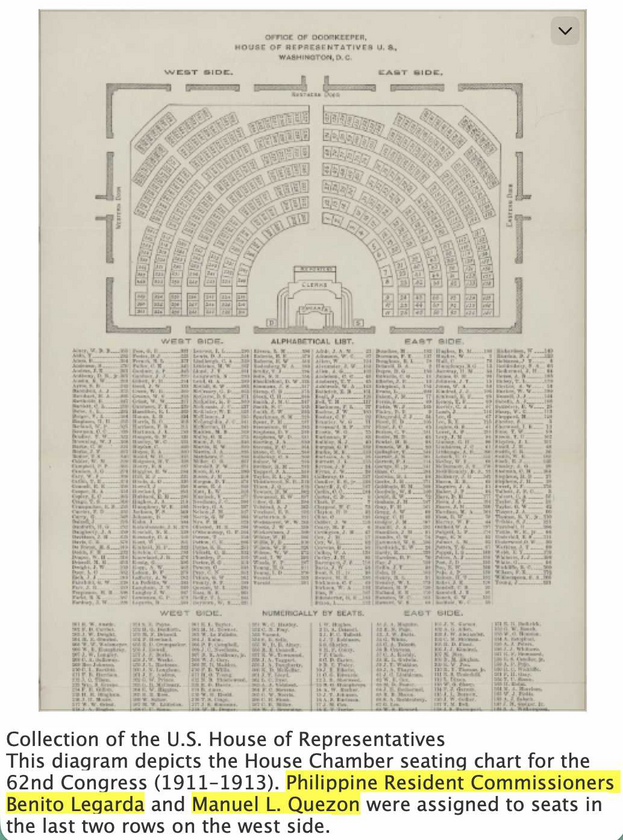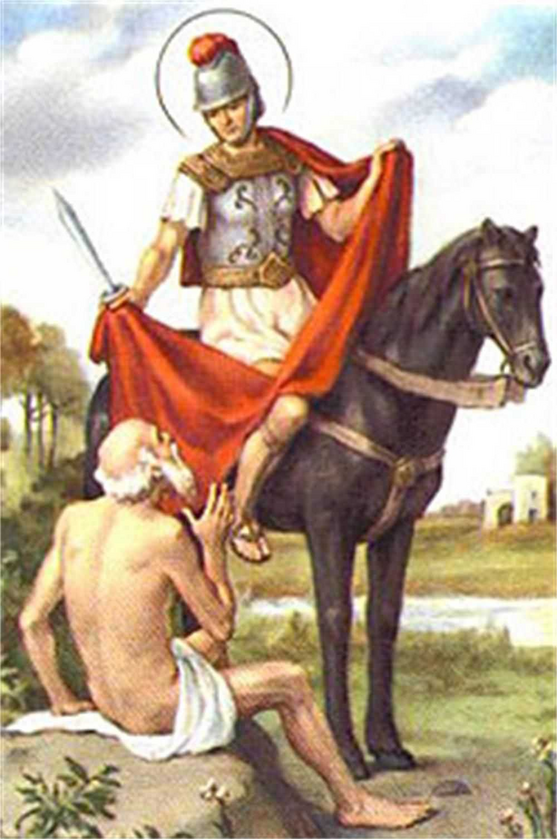Mark Twain tells the story of a man who was asked to choose one of five gifts: Fame, Love, Riches, Pleasure, or Death. Only one of them is valuable. He chose wrong. Biden is choosing wrong. Let us learn from Paul instead.
Hello, welcome to Politics by Faith brought to you by the Patriot Gold Group. This week, we're talking about getting old, talking about death. COVID, the great lesson from COVID was that we as Americans are terrified of dying. I am by no means qualified to speak on this fully, but I have some thoughts that I think are worth sharing. It's also inspired by watching Joe Biden and Jill and Hunter cling to power. We're gonna do a story on the radio probably tomorrow about ambition and how our founding fathers and the generation prior and going back to the beginning viewed ambition as a vice. In Christianity, ambition was always seen as a vice. If you go to the Geneva translation of the Bible, which was right before the King James Version, this is the one that John Winthrop brought to America to Jamestown. So this was the very beginning of America.
This was the ethos of American thinking of the colonists or the pilgrims at that time. It says that Adam sinned not out of pride but was fallen by Yet, it's turned into a virtue. You need ambition to achieve your dreams. Interesting transition that that has had in our culture. I definitely want to do more on this. Franklin believed, Ben Franklin, that there were two passions that ate at men. Ambition and avarice, greed, the love of power and the love of money. I definitely want to talk more about that another day, but you can see this ambition it's causing Joe and Jill to cling to power and fame and prestige well beyond when it's appropriate to do so. I want to share a story from Mark Twain here. This is not the Mark Twain story I was going to share. We'll save that for tomorrow. This is just another one that I came across and I think is helpful here.
So Mark Twain experienced a lot of heartbreak in his life. His son died when he was only 19 months old. His daughter died when she was 24, and another daughter died when she was 29. So he lived through a lot. And out of that, he wrote this short story. So in the story, a fairy comes to you and says, here are gifts. Take one, leave the others, And be wary, choose wisely, oh, choose wisely, for only one of them is valuable. There are five gifts, fame, love, riches, pleasure, and death. And the youth said, well, there's no need to consider, and he chose pleasure. And he went out in the world, and he sought all the pleasures that youth delights in. But each in its turn was short-lived and disappointing, vain and empty, and each departing mocked him.
0:02:54
In the end he said, These years I have wasted. If I could but choose again, I would choose wisely this time. So the ferry comes back, and there are only four remaining, and only one of them is precious, and he said, Ah, yes, I will choose love. After many, many years, the man sat by a coffin in an empty home, and he communed with himself, saying, One by one they have gone away and left me, and now she lies here, the dearest and the last. Desolation after desolation has swept over me, for each hour of happiness and treacherous traitor love has sold me, I have paid a thousand hours of grief. Out of my heart of hearts I curse him. So the fairy comes back and says, Art, you get to choose again. He said, Ah, this time I will choose fame. My name filled the world, and its praises were on every tongue, and it seemed well with me for a little while. But how little a while it was! Then came envy, then detraction, then calumny, then hate, then persecution, then derision, which is the beginning of the end. And last of all came pity, which is the funeral of fame. Oh, the bitterness and misery of renown, target for mud in its prime, for contempt and compassion in its decay.
So he got to choose again. Now there are only two remaining. He's like, oh, finally I get to choose the obvious one. He chose wealth. Wealth, which is power. How blind I was, said the man. Now at last life will be worth the living. I will spend, squander, dazzle. These mockers and despisers will crawl in the dirt before me, and I will feed my hungry heart with their envy. I will have all luxuries, all joys, all enchantments of the spirit, all contentments of the body that man holds dear. I will buy, buy, buy, deference, respect, esteem, worship. I have lost so much time, and have chosen badly heretofore. But let that pass. I was ignorant then, and could but take for best what seemed so. Three short years went by, and a day came when the man sat shivering in a mean garret than attic, and he was gaunt and hollow-eyed and clothed in rags, and he was gnawing a dry crust and mumbling, Curse all the world's gifts! For mockeries and gilded lies and miscalled every one, they are not gifts, but merely lendings. Pleasure, love, fame, riches, they're all but temporary disguises for lasting realities, which are pain, grief, shame, and poverty. Pleasure to pain, love to grief, fame to shame, riches to poverty. The fairy said true, in all her store there was but one gift which was precious.
Do you remember the fifth? The only one remaining? The one that no one would choose?
It was death. How poor and cheap and mean I know those others now to be, compared with that inestimable one, that dear and sweet and kindly one, that steeps in dreamless and enduring sleep, the pains that persecute the body, and the shames and griefs that eat the mind and heart. Bring it. I am weary. I would rest." So the person's like, I want to choose death. So the fairy came, bringing again four of the gifts, but death was wanting. She said, I gave it to a mother's pet, a little child. It was ignorant, but trusted me, asking me to choose for it. You did not ask me to choose. So the guy's asking for death and the fairy's like, oh I already gave it away to this kid who didn't ask for it but said I trust you to give me the best one. Oh miserable me what is left for me what not even you have deserved the wanton insult of old age. It's not super encouraging Slater what's the point of this the story this guy's punishment is that he doesn't even get to die? His punishment is he has to live? Now let's talk this through.
Philippians 1:21. I'm haunted by this. This is such a profound piece of Scripture. Paul says, for me to live is Christ and to die is gain. To die is gain. Paul suffered in horrible ways, beaten, stoned, shipwrecked, and now he's in jail. And he's like, whatever, if I live or die, it will bring glory to God. But if I die, then I get to go to Jesus forever. So he says, he says, for I am hard-pressed between the two, living or dying, having a desire to depart and be with Christ, which is far better. Nevertheless, to remain in the flesh is more needful for you. That word desire we skip over. Having a desire to depart, kind of treat that like kind of like surfacey, like oh yeah like I want to. Spurgeon says the desire was a strong one. The Greek word has much force in it. He panteth, he longeth to be gone. So he doesn't just desire to depart, he longs to depart and be with Christ. Adam Clark, 1800s, he says, it appears to be a metaphor taken from the commander of a vessel in a foreign port who feels a strong desire. So you here on earth, we here on earth, we're in a foreign land, right? We're behind enemy territory. You can see it's Lewis who said that. So here's Adam Clark saying, we are commanding of a vessel in a foreign port who feels a strong desire to set sail and get to his own country and family. That's Evan. But the desire is counterbalanced by a conviction that the general interest of the voyage may be best answered by his longer stay in a port that his vessel now rides.
So we so badly want to get home, but in the interest of this journey maybe better that I be here for now. For he's not in dock, he is not aground, but rise at anchor in the port, and may any hour away and be gone. So it's like, boom, like Doc implies, you're like stuck there for a while, or ground, obviously, you're stuck. But if you're an anchor, right, at the port, boom, you can be gone at any moment and go off on your journey to heaven. What a beautiful yearning to have. But God has ordained us all right here for a reason. Psalm 139 16, all the days ordained for me were written in your book before one of them came to be. It's a great line. So we have to fulfill that calling while here on earth. Life can be so hard, lots of death and pain and disease and Parkinson's and people calling for you to resign. Hang it up already. Thrown by the wayside. I was the president. I had fame. I had power. I had prestige. I had the adoring love of people chanting my name. I had business deals around the world. I had trappings galore. Bands played music for me when I walked up on stage. I had it all. And it all came to nothing in the end. Cast aside. Forgotten. Sweet death is in the end such a beautiful relief. Sweet death is in the end such a beautiful relief. Death to a believer is nothing to be feared.













